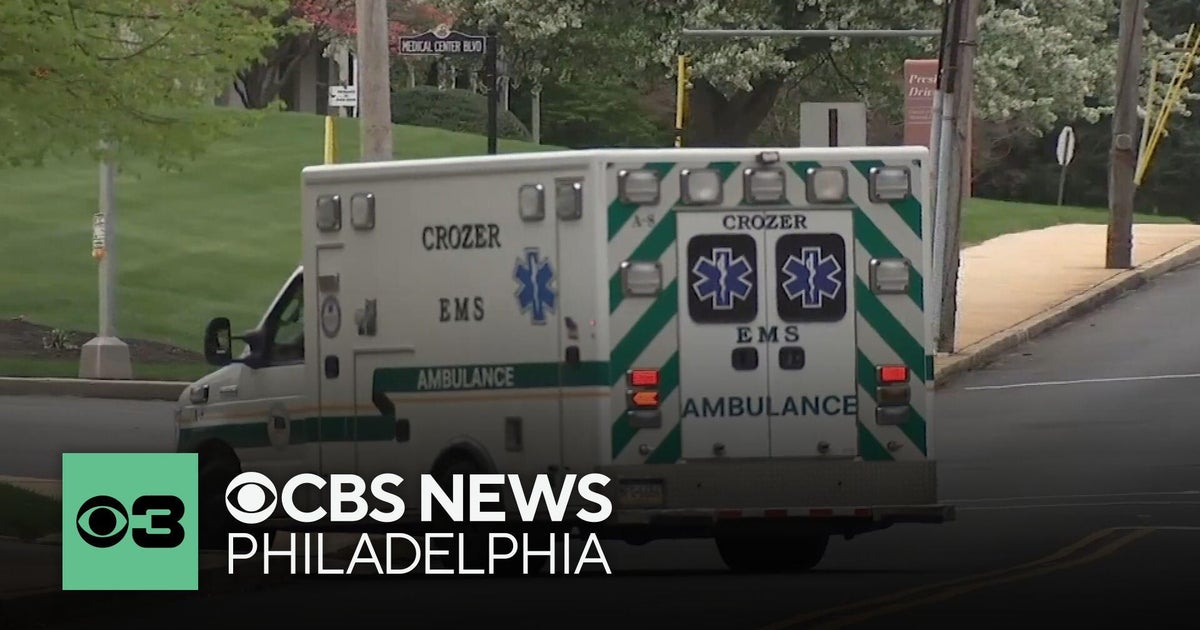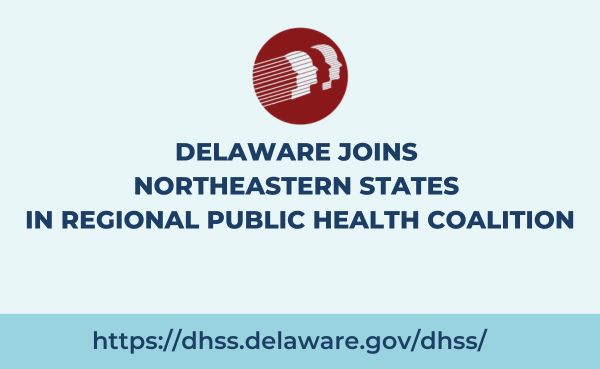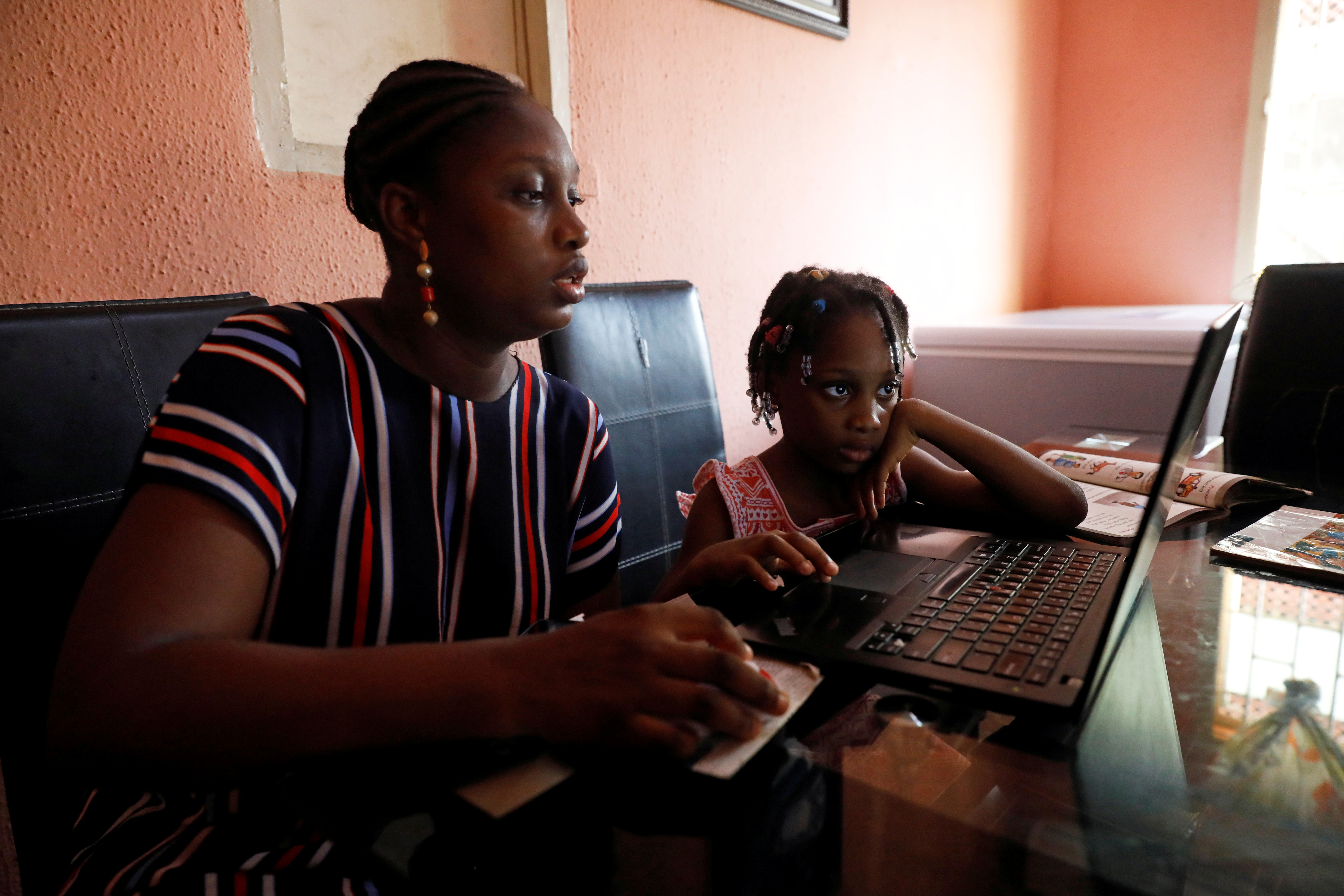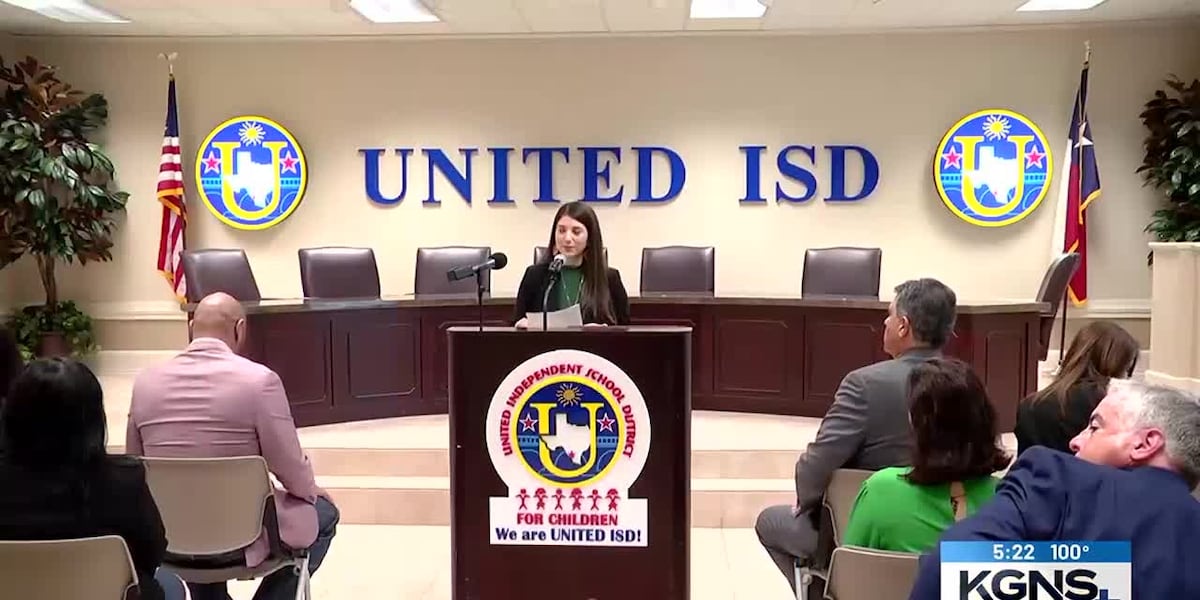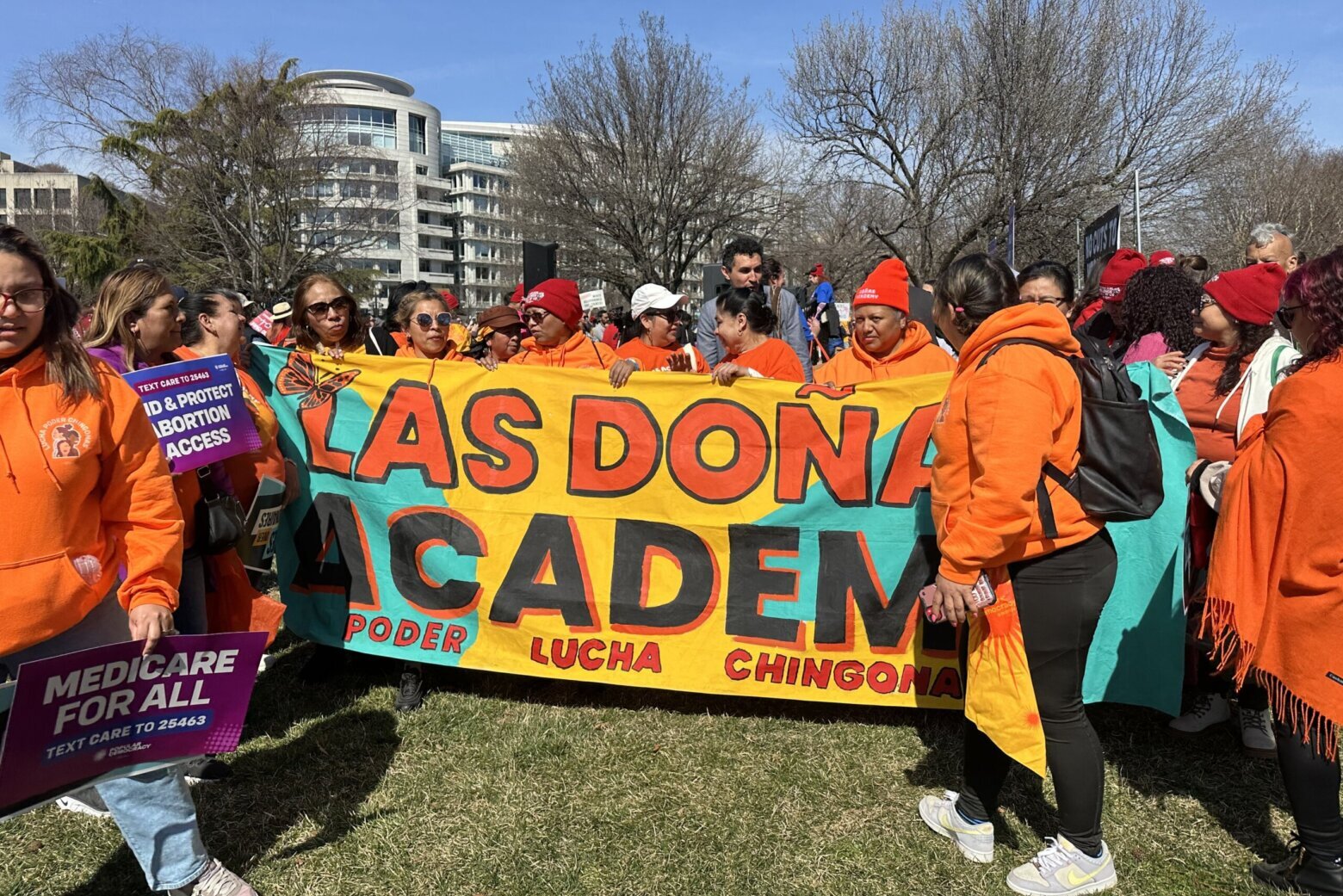Behind the Hype: The Untold Truth About Apple Cider Vinegar and Wellness Gurus
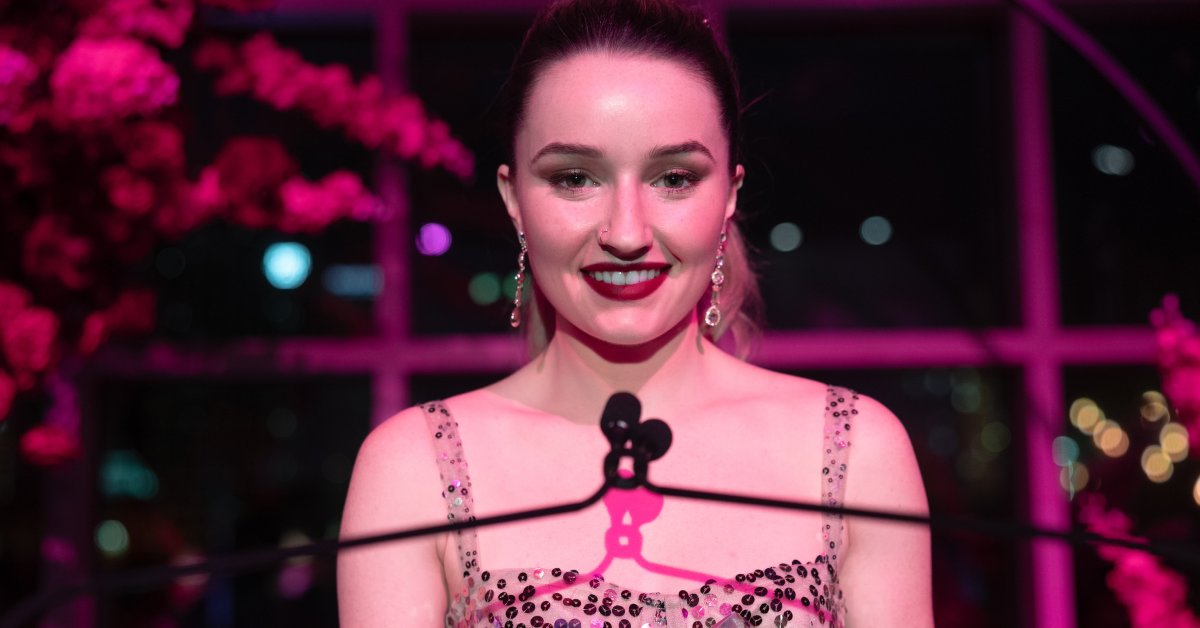
In the digital age of wellness and self-care, a dangerous trend has emerged where influencers like Belle Gibson exploit medical vulnerabilities and spread potentially harmful misinformation. These charismatic personalities often leverage personal narratives and pseudoscientific claims to build massive online followings, targeting individuals struggling with serious health challenges.
Belle Gibson, notorious for her fraudulent cancer recovery story centered around Apple Cider Vinegar and alternative treatments, represents a stark example of how wellness influencers manipulate medical inequities. Her fabricated narrative of healing through diet and natural remedies not only misled thousands but also potentially discouraged genuine medical intervention for critically ill patients.
The rise of such influencers exposes critical gaps in health communication and digital literacy. By presenting unverified treatments as miraculous solutions, they prey on individuals' desperation, particularly those with limited access to comprehensive healthcare. Their carefully curated social media personas create an illusion of expertise, despite lacking medical credentials or scientific validation.
These wellness narratives are particularly insidious because they intersect with real systemic healthcare challenges. Marginalized communities, facing historical medical discrimination and limited healthcare access, become prime targets for these misleading alternative treatment promises. The emotional appeal of personal transformation stories often overshadows the critical importance of evidence-based medical care.
As consumers, it's crucial to approach wellness influencers critically, prioritizing professional medical advice and scientifically validated treatments. Recognizing the potential harm of unregulated health recommendations is the first step in protecting vulnerable individuals from potentially dangerous medical misinformation.

